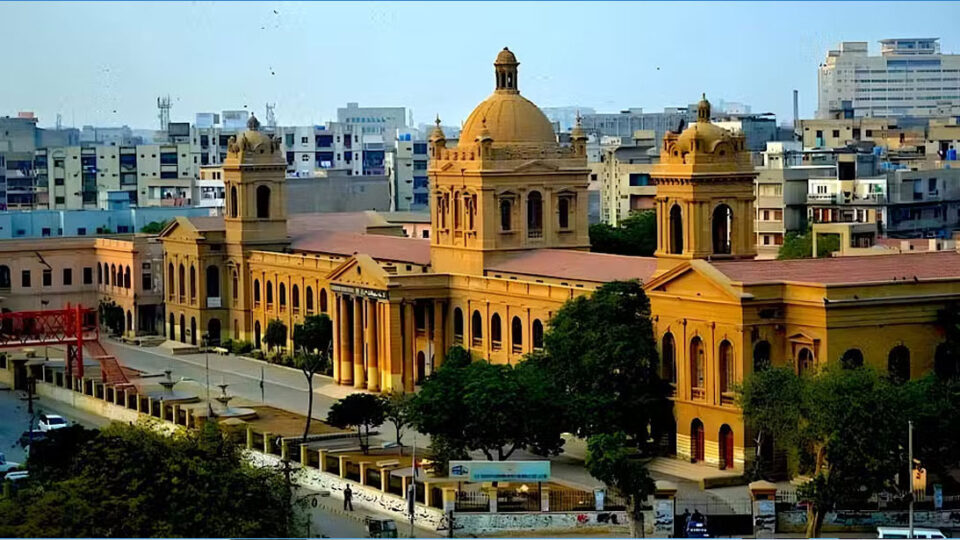Karachi’s Intermediate Admission System Breaks Down: Over 90% Students Haven’t Applied
Karachi’s higher secondary admission policy has hit a major snag. Despite the deadline passing, out of roughly 98,000 students, only about 7,000 submitted admission forms, according to Sindh’s Director General of Colleges, Dr Naveed Rab Siddiqui—leaving nearly 91,000 students unregistered for first-year intermediate classes.
❌ What’s Going Wrong?
-
The online system has serious flaws, with glitches resulting in wrong college allocations—such as placing pre‑medical students in commerce colleges, or closed institutions ranking ahead of top colleges .
-
A firm lack of complaint or claim centres so far has left students unable to correct mistakes or file grievances.
⚠️ Students’ Grievances: Merit vs. Admission
-
Many students who were eligible on merit did not receive admission at their preferred colleges. Thousands are now waiting in the hope that the merit list will be lowered or revised, allowing them to submit claim forms and secure seats in better institutions.
-
However, Dr. Siddiqui has confirmed that no changes will be made to the merit lists this year.
“Wherever a student has been allotted a seat, they must complete admission at that institution,” he emphasized (propakistani.pk).
-
He also noted that earlier practices of merit adjustments have been abolished—the current merit list is final.
📊 Key Details at a Glance
| Metric | Figures |
|---|---|
| Total eligible students | ~98,000 |
| Admission forms submitted | ~7,000 (7%) |
| Students pending due to errors/issues | ~91,000 (93%) |
| Merit list adjustments this year | Not possible |
| Required action after seat allocation | Complete admission immediately |
📌 Takeaway
-
Karachi’s online admissions system, tasked with managing first-year intermediate enrollments, is failing to serve students effectively.
-
Without functional complaint mechanisms, many deserving students remain stuck without admission.
-
The administration’s firm decision to not alter merit lists leaves little room for appeals.
-
The mounting frustration calls for urgent reform—both in the technical infrastructure and in transparent grievance redressal.

